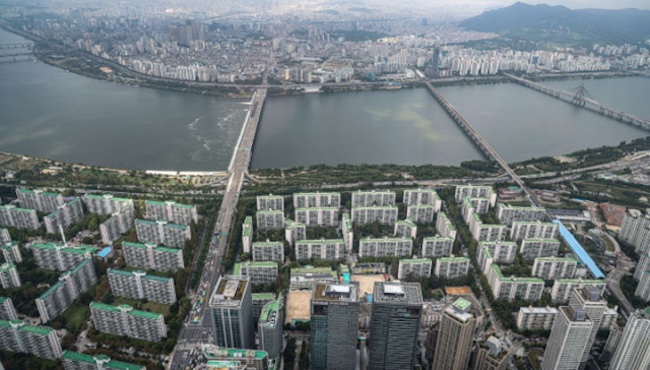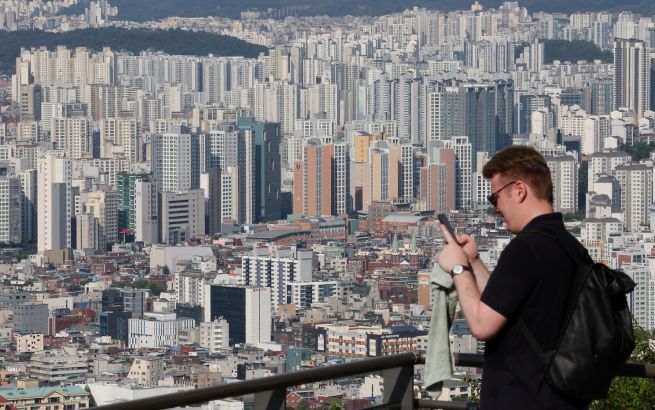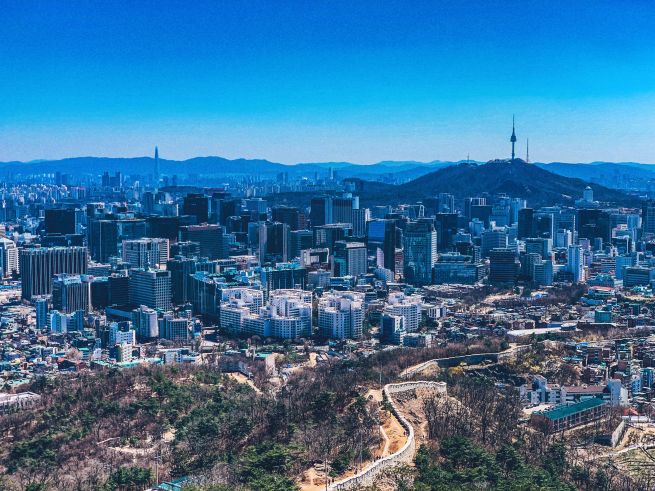SEOUL, Aug. 21 (Korea Bizwire) — South Korea moved to curb speculative demand from overseas buyers on Thursday, designating nearly all of the greater Seoul area as a restricted zone for foreign land transactions.
The Ministry of Land, Infrastructure and Transport announced that Seoul, 23 municipalities in Gyeonggi Province, and seven districts in Incheon will be subject to new requirements.
Under the measures, foreigners seeking to purchase residential land or homes larger than six square meters must obtain local government approval, move in within four months of purchase, and reside in the property for at least two years.
Officials said the move is designed to plug what had become a glaring regulatory loophole: while domestic buyers faced increasingly stringent financial and tax restrictions, foreigners were able to purchase property with relative ease, often with all-cash offers.
Surge in Overseas Purchases
Foreign acquisitions of homes in the capital region have risen sharply in recent years, climbing from 4,568 transactions in 2022 to 7,296 in 2024—an average annual increase of 26 percent. This year’s figures are on track to extend that growth for a third consecutive year, with more than 4,400 purchases already recorded through July.
Chinese and American nationals accounted for nearly 90 percent of the foreign purchases last year, and apartments and multi-family housing units made up the bulk of the transactions. Some high-profile deals, such as cash-only purchases of luxury apartments worth 18 billion won ($13 million) in Yongsan and 7.3 billion won ($5.3 million) in Seocho, drew particular scrutiny.
Officials also cited rising use of proxy arrangements, in which nonresident foreigners designate local managers to hold property on their behalf—transactions that authorities believe often mask speculative intent.

Luxury rental prices in Seoul have surged, with a growing number of apartments commanding monthly rents exceeding 10 million won ($6,900). (Image courtesy of Yonhap)
Addressing Domestic Backlash
The clampdown follows the government’s June 27 housing package, which limited mortgage loans for domestic buyers in the capital region to 600 million won. That policy triggered a backlash over what critics called “reverse discrimination,” since foreign buyers were unaffected and in some cases increased their activity as Korean households pulled back.
“Foreigners were not bound by loan-to-value ratios, debt service limits, or additional taxes on multiple-homeowners,” said Park Jun-hyung, a senior land policy official at the ministry. “This created a clear imbalance in the market.”
By imposing residency requirements and tightening oversight of funding sources, the government aims to level the playing field. Experts said the measures are unlikely to dramatically change overall transaction volumes, but they could help deter speculative inflows that amplify price volatility.
“This is a way to restore fairness in the housing market,” said Ham Young-jin, head of real estate research at Woori Bank. “While foreign transactions represent a small share overall, even one speculative deal can ripple widely in terms of market sentiment.”
Analysts added that the restrictions are unlikely to spark trade friction, noting that similar residency-based property controls exist in other advanced economies.
M. H. Lee (mhlee@koreabizwire.com)


